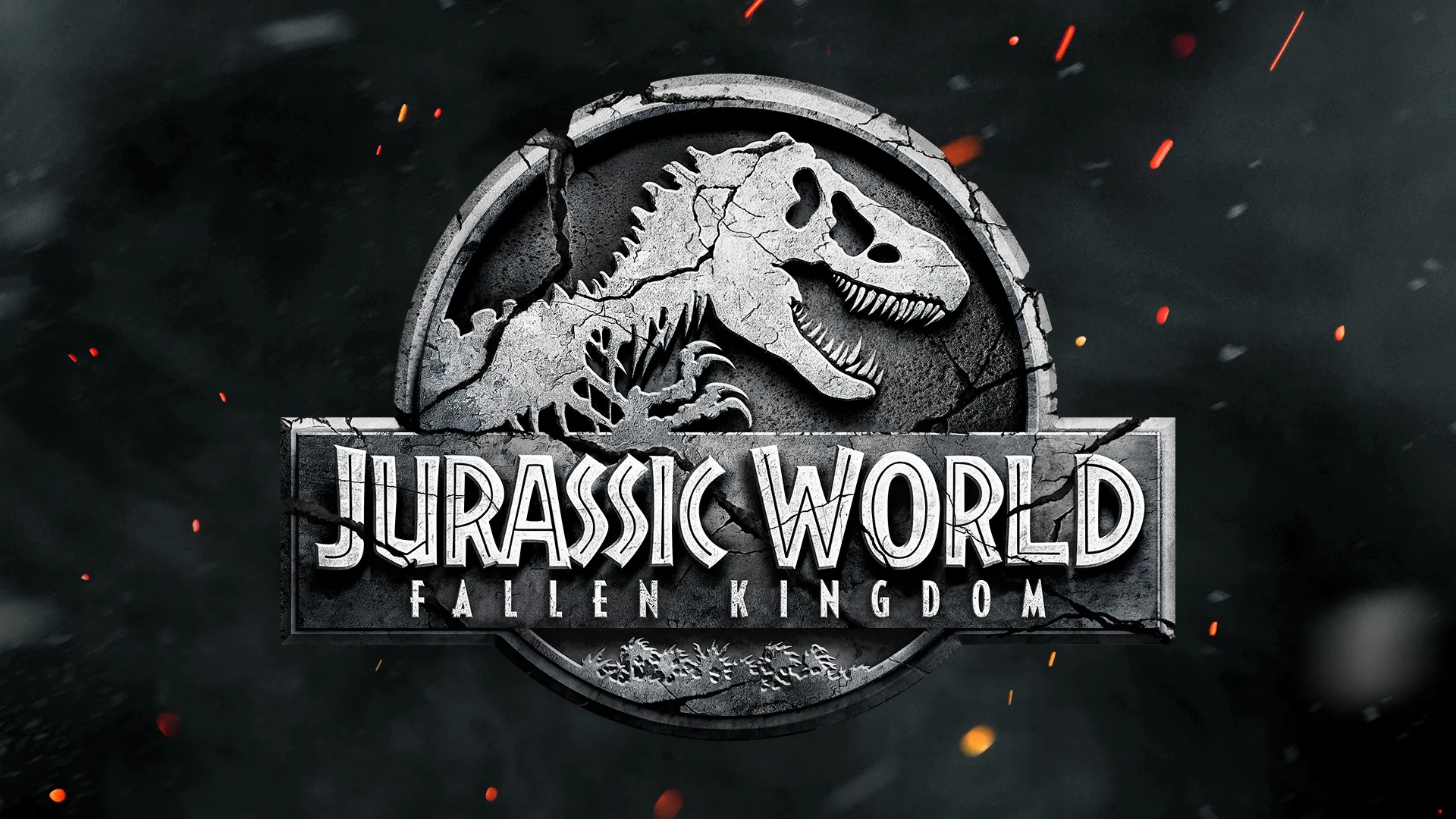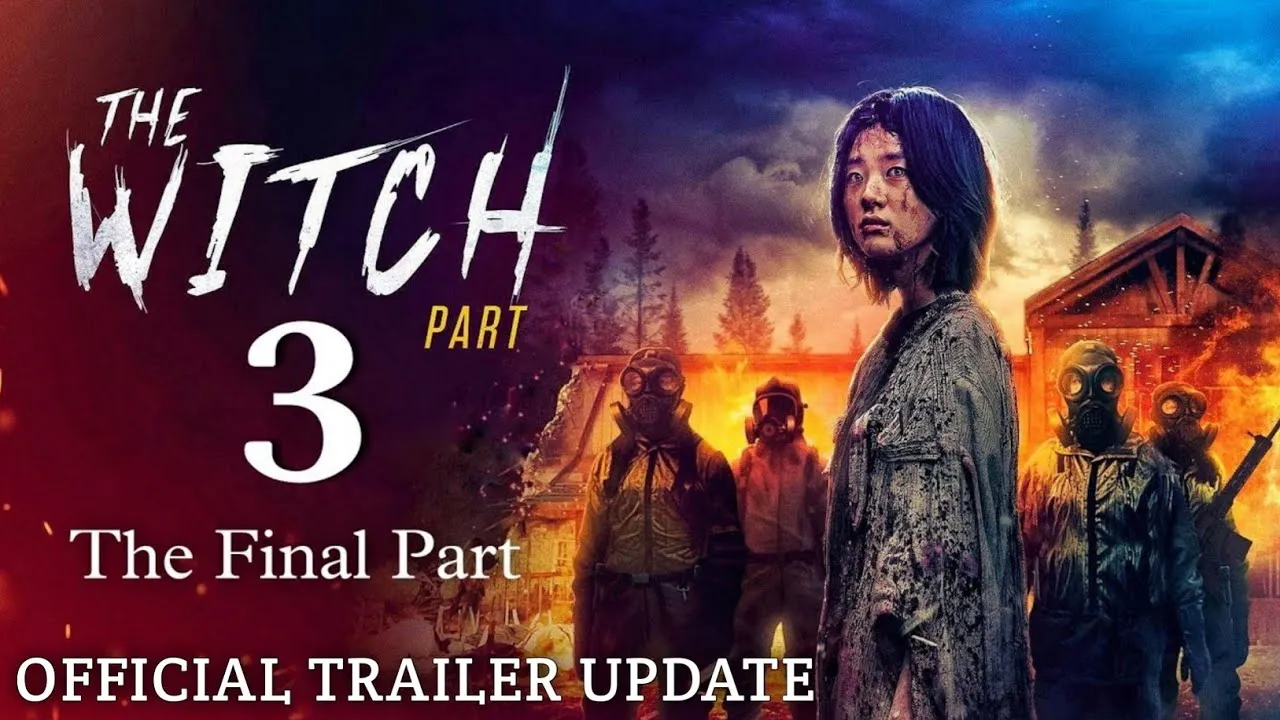In a cinematic world saturated with post-apocalyptic tropes, Day of Reckoning (2025) storms onto the screen with a fresh, thought-provoking take on humanity's final hours. Directed by visionary filmmaker Ava Stone (The Ninth Silence), this bleak yet visually mesmerizing thriller balances intense action, philosophical depth, and searing emotional drama to deliver one of the year’s most talked-about films.
The world ends not with a bang, but with a countdown. In Day of Reckoning, scientists discover an anomaly in Earth’s gravitational field — a ripple that heralds an unstoppable chain reaction threatening all life within 30 days. Governments collapse. Systems fail. Civilization crumbles.
But instead of chaos, Stone’s narrative chooses focus. The film centers on five strangers who find themselves trapped in a remote, government-operated underground facility in Nevada — a failed experiment in "elite survival" that never got off the ground. They are left with dwindling supplies, a radio broadcasting the planet’s slow demise, and a choice: wait to die or fight for redemption in their final days.

Led by Oscar nominee Jeffrey Wright as the quietly tormented Dr. Eli Vance, the ensemble cast is the film’s true strength. Vance, a former astrophysicist burdened by guilt for ignoring the early warnings, anchors the emotional core of the film. His performance is subdued, layered, and heartbreakingly human.
Opposite him is Zoe Kravitz as Cam, a former soldier hiding a dark secret, and Jacob Elordi as Miles, a cocky social media star whose facade crumbles under pressure. Rounding out the cast are Michelle Yeoh as a dying philosopher with a sharp tongue, and rising talent Aisha Kamara as Layla, a teenage coder who becomes the group’s unlikely moral compass.
The chemistry among the characters is electric — with tensions escalating as days pass, secrets unravel, and the weight of mortality presses in. These aren't stock apocalypse survivors; they're fractured people trying to make peace with their past before the clock runs out.

Stone’s direction is deliberate and haunting. She resists bombastic destruction in favor of a more chilling, personal apocalypse — flickering lights, muffled radio broadcasts from collapsing cities, and claustrophobic silence. Cinematographer Malik Ortega uses muted palettes and extreme close-ups to reflect emotional isolation, while the outside world is glimpsed only through distorted security feeds and surreal dream sequences.
The score by Max Richter is, unsurprisingly, devastatingly beautiful — minimalist piano and strings that pulse with sorrow and fleeting hope. Combined with Stone’s use of long, lingering takes, the result is a film that feels like an elegy rather than an action piece.

The film occasionally stumbles under the weight of its own ambition. A subplot involving a mysterious AI system managing the facility feels underdeveloped, and the philosophical monologues — particularly in the third act — sometimes veer into heavy-handed territory. However, these moments are easily forgiven given the emotional payoff.

What makes Day of Reckoning stand apart from other end-of-the-world films is its refusal to focus on what ends the world — and instead ask why it matters. This is not a film about survival, but about self-confrontation. What do we owe ourselves and each other in the face of oblivion? What’s worth saving when there’s nothing left?
Day of Reckoning is a bold, haunting meditation wrapped in the skin of an apocalyptic thriller. It may not satisfy those looking for high-speed chases or alien invasions, but for those willing to sit with discomfort, with beauty, and with truth — it’s a masterwork. A film that doesn’t just show the end, but makes you feel it.
Rating: 9/10



